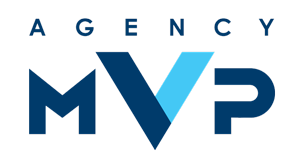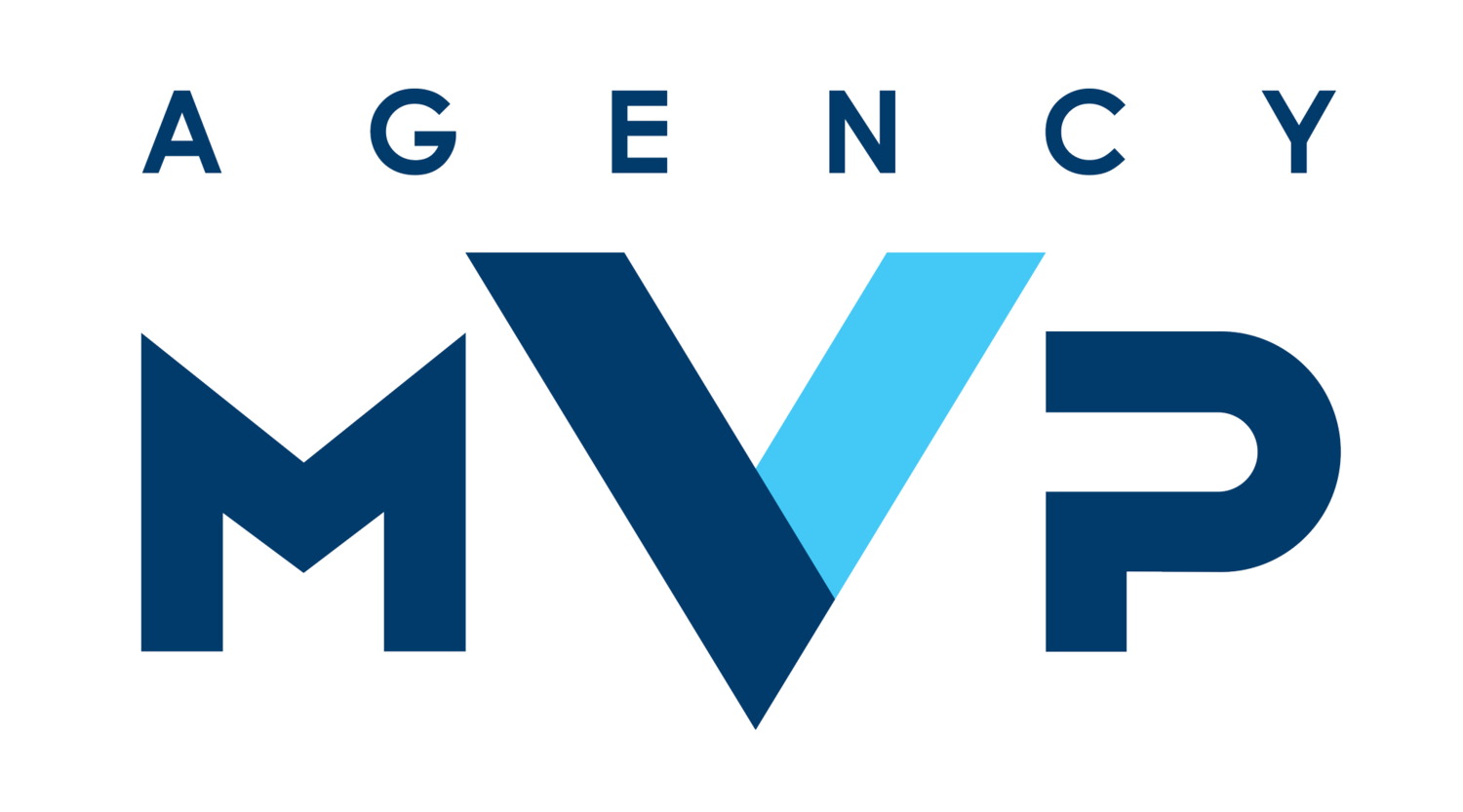11 Tips for Selling Insurance Over the Phone
Selling insurance over the phone can be intimidating. You can’t see the person you’re talking with to read their reactions to your pitch, and you have to make snap judgements on how to proceed with nothing but their voice to guide you. Still, are there any techniques out there that will help you sell more insurance over the phone?
The answer is a resounding yes. If you’d like to know the top 11 tips for increasing your insurance sales over the phone, you’ve come to the right place. In the following sections, we will discuss everything from reading your audience to how to get referrals. So come along and get ready to make some sales!
Learn to Be a Good Listener and Take Notes
Your ability to sell over the phone is directly correlated with your ability to listen. Your potential client should always feel like you’re on their side, trying to find solutions for their problems. That starts with you showing them that you are actively listening to them and taking their concerns very seriously.
It’s a really good idea to have a notebook or a notepad window on your computer open so that you can take down notes as they tell you things. This could include small details they reveal about themselves or even the reasons they’re giving you for not initially being interested in your insurance.
Make Everything You Say Understandable to a 5th Grader
A common mistake made by those who first start selling insurance over the phone, is they use industry specific jargon in an attempt to sound more professional and knowledgeable. While the impetus for this kind of talk is understandable, it doesn’t work that way.
Sometimes if you use too much insider jargon, people will feel like you’re trying to trick or confuse them and it’ll be harder for them to open up. Also, for a sales pitch to be effective, they need to understand exactly what you're saying. Since most people's reading comprehension level is around the eighth grade level, it’s best your script doesn’t go beyond that.
In fact, around 20% of the country only comprehends a 5th grade level. Therefore it’s best to ask yourself, “would a fifth grader understand my pitch.” If the answer is no, then you should do some revisions.
Professionalism Does Not Mean Complexity
Please don’t take this to mean that you shouldn’t sound professional, as you should. Instead, you should sound like the kind of professional who can take complex ideas and convey them in a language so simple a 5th grader could understand them.
Think of all the great popularizers of science. Does Neil Degrasse Tyson come out and start yammering on different equations? Or does he use his charisma and careful wording to teach people about what he studies in a way that’s fun, exciting, and most importantly; easy to understand? It’s the same principle when you're selling insurance.
Begin Thinking of Specific Objections as Good Things
When we talk about specific objections we are referring to the type that references things you have directly said about your individual insurance service. Examples of specific objections include things like:
“I don’t know about policy X because of Y reason I’m currently going through.”
“I like the idea that your service offers X but I already get that through something else.”
“I don’t really understand what you mean by X thing you said earlier.”
The X’s and Y’s are just stand-ins for the specific policies you're trying to use as selling points. Note that in every example they are engaging directly with something you actually said to them.
How to Treat Specific Objections
Oftentimes, salespeople will become discouraged when the person on the other end of the line starts throwing out specific objections to their service. There are two primary reasons why highly specific objections are a good thing and mean you’re nearer to a sale than you think.
Firstly, specific objections (like expressing concern over something your insurance may not cover) lead to educational opportunities. If you look at them as genuine questions about the service, they can provide a springboard to go deeper into the benefits.
Most importantly, specific objections show that the potential client is indeed listening and engaging in your pitch. That’s nearly always a good thing. That means when you explain how their concerns can be taken care of easily, they will hear you out. Let’s repeat that slowly; they will hear you out. That’s all any great salesperson needs to turn a call into a sale.
Don’t Get Shut Down Early in the Call by Common Objections
There are the kind of objections we discussed in the previous section, and then there's another type that either doesn't indicate they're listening or demonstrates that they'd be hesitant to make any commitment no matter what you're selling. These are the sort of canned objections potential clients throw out early to shut down the call.
These common objections include phrases like the following:
“I don’t need insurance.”
“I’m not looking to spend that kind of money.”
“I’ll have to talk to my husband/wife before I can discuss this.”
When you receive objections like this, you can follow a few easy steps to understand and diffuse them. The following tips should help you deal with some of the most common early objections that could shut down your sales call.
Ask yourself if they’re just afraid of commitment: When clients use objections like needing to speak with a spouse before they buy, it usually indicates they’re hesitant to commit. If there is a trial period or you can send them more information to review, this would be a great time to do that as it addresses their concern.
Ask yourself if they’re shutting down the call: Sometimes, "I don't need insurance," means that's what they think. Other times, it’s just to end the call quickly. If it seems like the former, guide them towards facts about why it's important. If it’s the latter, keep talking and see if they stay on the line. If they do, they’re more interested than they think.
Always treat their concerns as valid no matter what you think: Your potential clients should never feel like you’re rolling your eyes through the phone. Even if you don’t feel like they're authentic themselves, you should treat them as though they are. This lets them know you’re listening and taking them seriously.
Remember to go with your gut when assessing where your clients are in their own minds. You can never truly know 100% and you’ll make mistakes, however you’ll make them far less frequently if you just trust yourself.
Don’t Be Afraid to Bond With Your Potential Client
When you treat them as a person first and a client second, people are far more likely to trust you and know that you’re really trying to give them a good service. Don’t be afraid to create bonds with the people you talk to over the phone.
A great way of doing this is listening for things you can relate to your own life. For example, if they bring up a past bad experience with a different sales person from another insurance agency, don’t panic. You can use that as an opportunity to talk about your own belief in integrity and how you're striving to change the perception of people who work in insurance. Reassure them that this isn’t the same thing, and be honest.
In the end, you don't just want to come across as authentic; you want to truly be authentic. People can tell the difference, and it will affect how well you can relate to them. Another way to put this is to act more like an advisor than just some ordinary salesperson. Trust us, and they will appreciate the change from the usual calls they receive.
Believe in What You’re Selling
This goes hand in hand with the previous tip. You really can’t be authentic if you don’t even believe in the insurance you’re selling. Learn as much about the benefits as you can and then apply them to your potential client’s specific needs.
If they can tell you’re not just trying to make a quick buck off them, but you’re actually providing real solutions to real problems, they’re far more likely to take you seriously. It may sound strange, but they can tell what you really think no matter how well you’re concealing your true thoughts with your voice.
Develop a Script and Don’t Be Afraid to Change It
Cold calling scripts might just haunt you to the grave if you say them too many times, however they are actually quite effective. One nice way to change things up, is to learn how to use them more like a guide than an exact phrasing you need to use every time.
If in a passing comment, you find that you share an interest with the potential client, then don’t be afraid of visually scanning your script as you say it for places you can improvise. Think of your script more like jazz than a carefully plotted pop song. It will pay off in the end by making you sound more natural.
This will loosen you up and increase the effectiveness of your likely already effective script. It’ll also go a long way in making you sound like the expert you are, something we’ll discuss momentarily.
Think of Yourself as an Expert - Because You Are One
Don’t think of yourself as merely someone who sells things, but rather someone who is an expert on a particular service. Whether you like it or not, you’ll most likely project whatever you really believe about yourself in the way you talk and handle clients.
Thinking of yourself as an expert will allow you to project more confidence. More confidence in yourself will lead to more confidence in you from your potential clients.
Have an Organized Workspace - Whatever that Looks Like to You
People are weird. And nothing demonstrates that weirdness quite like individuals differing approaches to organization. On the one hand you’ve got the guy or gal who’s always got a stack of messy papers on their desk--but they know where everything is. On the other you’ve got the person who keeps everything neatly divided and can easily access whatever they need.
Most guides for selling insurance over the phone will tell you your desk should look like the second person's. We’re here to say that’s not exactly right. What you should do is find a form of organization--even if it doesn’t look that way to others--that naturally works for you. If you try to force yourself to work in a way you don’t naturally, chances are you’ll just frustrate yourself.
The main goal is to have everything you need within reach so there are no pauses during your call and you come across as someone who’s got it together. On your end, this can look like many different things. Just make sure, whatever it looks like, that it’s working.
Develop Client Relationships Over Time
Some sales happen right away, and we all love those. Still, a lot of sales require a more long-term approach. This means giving your potential client time to think about everything you’ve discussed and planning ahead for your follow up. Follow ups can help reduce the skepticism someone might have that you’re really in their corner.
Even if the first call went well, it’s important to engage in follow ups. There are a few ways you can do this. The old fashion way where you keep physical records if that suits you. Or you can use software such as MondayCRM or Pipedrive to keep track of when you should be in contact.
Be the Kind of Salesperson Who Gets Referrals
This goes hand in hand with the previous tip to develop client relationships and engage in follow ups. The more that you have positive experiences providing stellar service to clients the more likely they are to begin referring you to others that they know.
According to research gathered by Nielsen, you can quadruple the likelihood a person will buy from you if they heard about you through a referral. Still, if you don’t want to wait around for a referral out of the blue, is there anything you can do to increase the likelihood that your client will give you one?
How to Increase the Likelihood of Referrals
You don’t have to be afraid of asking for a referral once that you’ve developed a good relationship with a client. Still there are a few strategies you can employ to make it far easier on yourself.
Below we’ve listed the four simplest and easiest ways to get your current clients to refer you to new ones:
Directly ask them if they know anyone: You probably shouldn’t do this until you've developed a relatively strong back and forth with the individual. However, once you have, don't be afraid to ask if anyone they know might also need the insurance you're selling. If they really like you, the client may do most of the selling for you.
Ask more than once: Okay, this one can backfire if it's not done right. We’re not saying you should ask repeatedly in one conversation or even every time you talk to them. Just do it consistently. They may be telling the truth that no one in their family or friend circles have been talking about the issues you can fix, but when they do you’ll be ready.
Gently probe them about referrals without directly asking: If you’re too nervous to just come out and ask, you can use phrases like, “I know a lot of people in my own life who would have benefited from this but didn’t,” to spur them into thinking about people they may know.
Have a solid relationship with them: Ultimately, people will refer you to others if they both like you and value the service you're providing. This is why it’s so important to stress what benefits they are receiving--especially if they’re abstract or mostly focused on the future like most insurance--as well as be friendly and approachable.
Getting referrals is all about generating excitement. When people are excited by something, they usually want to go tell it on the mountain. You can really only do that by getting to know your clients and showing genuine concern for their struggles.
So Really, How Do You Sell Insurance Over the Phone?
If you want to get better at selling insurance over the phone, you really need to focus on projecting confidence, professionalism and reliability. You also need to be able to carefully listen to what your potential clients are saying so that you can best serve their specific needs. Some sales may happen right away, whereas others may need to take some time to develop.
Other good ideas to help boost your sales include; organizing your space in a way that makes it easy for you to have what you need and creating a powerful cold calling script that can be modified on the spot. If you have the right mindset and all of these tools available to you, you’ll become an unstoppable salesperson.
https://www.aafp.org/afp/2005/0801/p463.html


